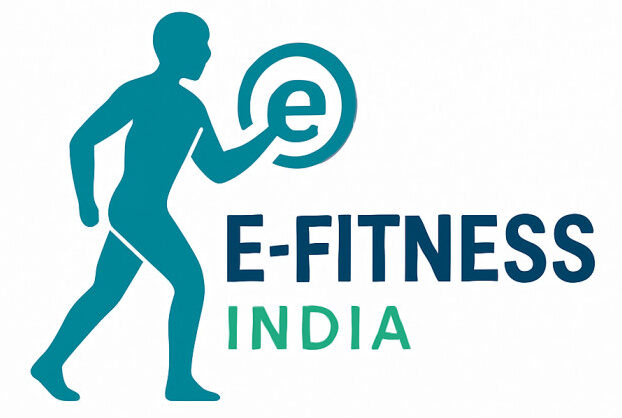Elon Musk’s Take: Was the COVID-19 Vaccine a Scam? A Global Perspective
Tech billionaire Elon Musk has once again triggered global discourse with a single tweet:
👉 “Do you believe the COVID-19 vaccine was a scam?”
source –https://x.com/musk_coco/status/1927722040498290978
Be honest!
Do you Believe the Covid-19 vaccine was a scam?
A. Yes
B. No pic.twitter.com/XJQKtAlBxv— (Parody)Elon Musk (@musk_coco) May 28, 2025
This provocative question comes years after the world grappled with a pandemic that altered daily life, claimed millions of lives, and led to the fastest global vaccination campaign in history. Musk’s statement has reignited debate: Was the COVID-19 vaccine truly a scientific triumph, or was it used as a tool for profit and control?
Let’s examine the facts, the controversies, and the global impact of COVID-19 vaccines.
Understanding the COVID-19 Vaccine Movement
After the pandemic was declared in March 2020, the race to develop a vaccine became humanity’s top priority. Scientists across the globe worked at unprecedented speed, and multiple vaccines received Emergency Use Authorization within months.
Major Types of COVID-19 Vaccines:
mRNA-based vaccines – Pfizer-BioNTech, Moderna
Viral vector vaccines – AstraZeneca, Johnson & Johnson
Inactivated virus vaccines – Covaxin (India), Sinopharm (China)
Global Successes of Vaccination
Despite doubts and logistical challenges, the vaccination drive was massive and effective in many ways:
Significantly reduced hospitalizations and fatalities
Helped reopen economies and schools worldwide
Protected vulnerable populations, especially the elderly and immunocompromised
Enabled countries like Portugal, Bhutan, and UAE to achieve 90%+ coverage
The Controversies and Criticism
While vaccines were hailed as life-saving, there were also valid concerns:
Big Pharma Profits: Pfizer and Moderna made billions in profit during the pandemic.
Side Effects: Reports of myocarditis, blood clots, and menstrual irregularities surfaced globally.
Transparency Issues: Not all clinical trial data was made public early on.
Mandates vs. Freedom: Many countries enforced strict vaccine mandates, sparking protests and lawsuits.
Alternative treatments were sidelined, leading to allegations of suppression.
Elon Musk’s View: Disruption or Dialogue?
Elon Musk has a history of questioning mainstream narratives — from AI to electric cars to Mars colonization. With his tweet questioning the COVID vaccine, he’s pushed the boundaries of public health discourse yet again.
His message seems to resonate with a large group that feels:
Health policies lacked transparency
Media suppressed critical voices
Public trust was replaced with fear-driven compliance
Whether one agrees with him or not, Musk’s influence ensures that such conversations no longer remain confined to health experts and government bodies.
How the World Responded to COVID Vaccines
🇮🇳 India
India developed and distributed indigenous vaccines (Covaxin, Covishield) and vaccinated over a billion people, often overcoming infrastructure challenges.
🇺🇸 United States
The U.S. led with mRNA vaccines but faced resistance over mandates, and some states even introduced vaccine injury compensation programs.
🇪🇺 Europe
Several EU countries temporarily suspended certain vaccines over clotting concerns, but resumed use after reviews.
🇧🇷 Brazil & Africa
Faced issues of vaccine inequality, slow rollouts, and over-reliance on imports.
Scientific Verdict: Scam or Strategy?
No major health body has declared COVID-19 vaccines a scam. In fact, leading journals and institutions credit them with saving millions of lives.
However, experts acknowledge:
Emergency protocols meant long-term safety data was still evolving
Profit motives often overshadowed public trust
A lack of clear, honest communication led to vaccine hesitancy
So while vaccines were not inherently a “scam,” the handling, messaging, and commercialization around them deserve deeper scrutiny.
What We’ve Learned
Public trust is fragile – Once broken, it’s hard to rebuild
Transparency is non-negotiable – Especially during global crises
Mandates without education create more resistance than results
Influencers like Musk can shift narratives and public opinion, for better or worse
Conclusion
Elon Musk’s question — “Was the COVID-19 vaccine a scam?” — may be controversial, but it highlights the need for open, evidence-based conversation. While vaccines saved lives, the way they were rolled out, marketed, and mandated raises important ethical and societal questions.
We must now ask: how do we restore trust in science without blindly defending every policy, and how do we ensure future global health responses are transparent, inclusive, and accountable?


